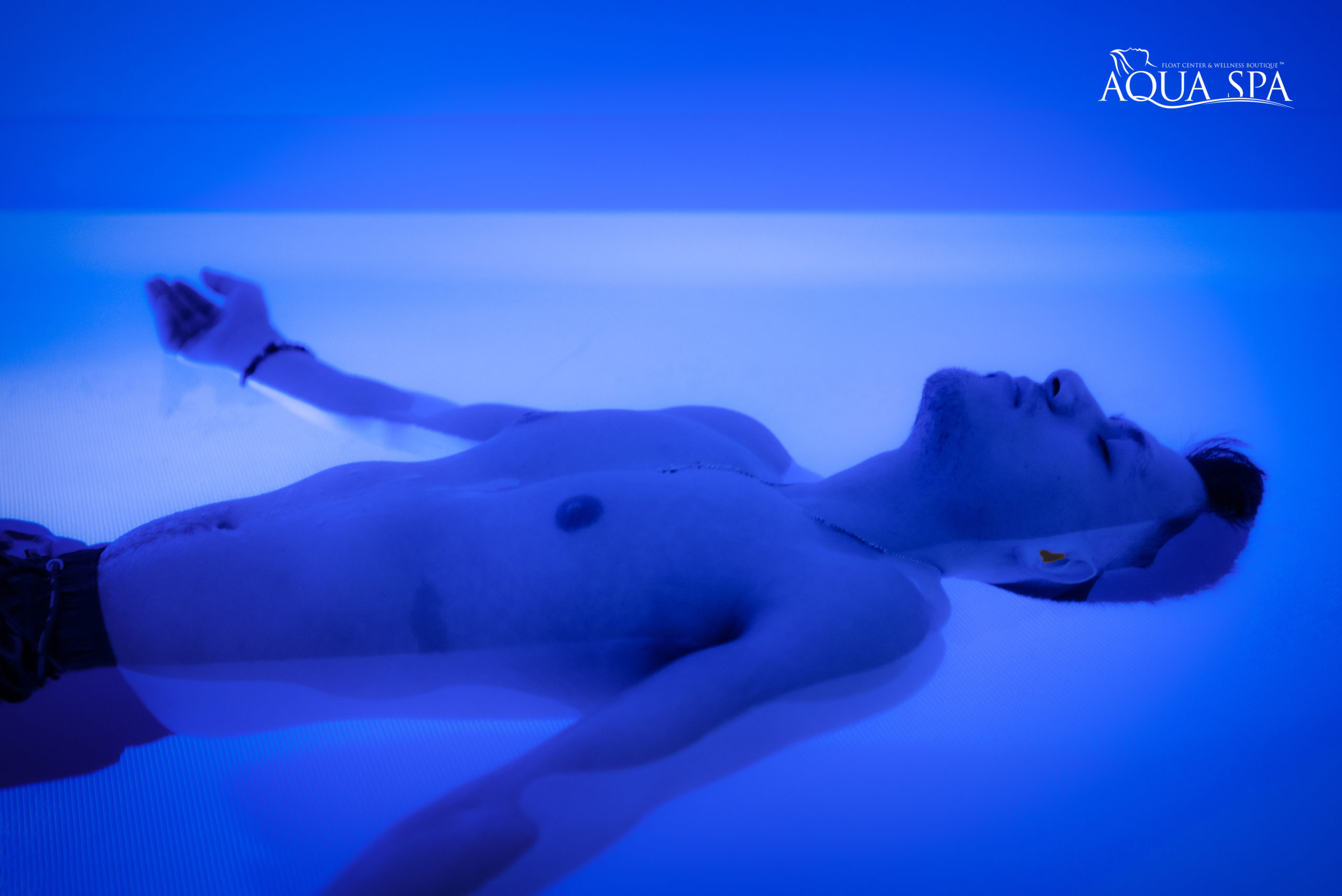
Float Therapy for Improved Sleep
A case study demonstrating the value of floatation therapy upon sleep quality Dr. David A. Berv, CCSP, Dipl.Ac. Ally Charleston, University Of Richmond undergraduate April 2018
Finding safe and effective ways to improve quality of sleep is both an urgent personal and worldwide need. One option that has been showing tremendous promise is that of float therapy, otherwise known as floatation therapy, floatation or floating. The following case study is part of a growing investigation into the connection between float therapy and quality of sleep.
Participants of a 2018 study included students to test the effects of float therapy on quality of sleep, stress, anxiety and academic focus. Each student participant floated one time per week for three weeks. They also received a daily survey using a numeric scale on a 0-10 continuum with descriptors.
Results
Quality of Sleep: Improved 37%
Sense of feeling refreshed in morning: Improved 49%
Level of daily fatigue: Improved 56%
Ease of falling asleep last night: Improved 63%
Stress level: Improved 67%
Anxiety: Improved 78%
Effect on productivity and focus: Improved 49%
Number of hours of sleep: Unchanged
The results reflect that sleep quality improved when subjects floated once a week for three weeks. Thus, while science is still discovering the wonders and benefits of sleep, you can rest easy knowing that sleep can be improved through floatation therapy.
Float therapy improves quality of sleep in college students. Improved quality of sleep includes an ability to fall asleep easier, feeling more refreshed after waking, less daily fatigue and an increased ability to focus and be productive. Floating once weekly for three weeks in succession also led to significant decreases in both stress and anxiety levels. There were no negative effects. Students as well as adults, medical professionals and alternative health care providers should consider floatation therapy by itself and in tandem with other mind/body approaches to improve quality of sleep.
Click here to read the full case study.















